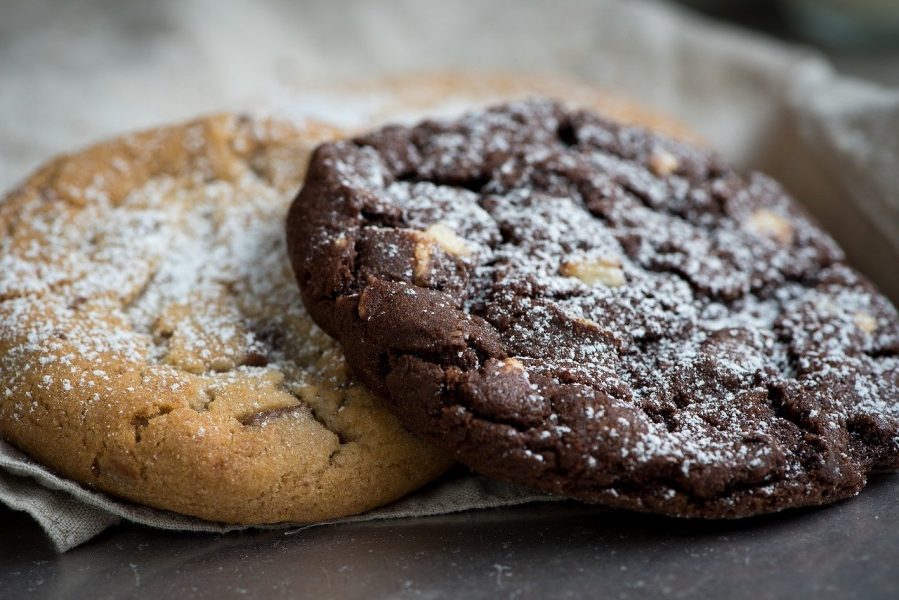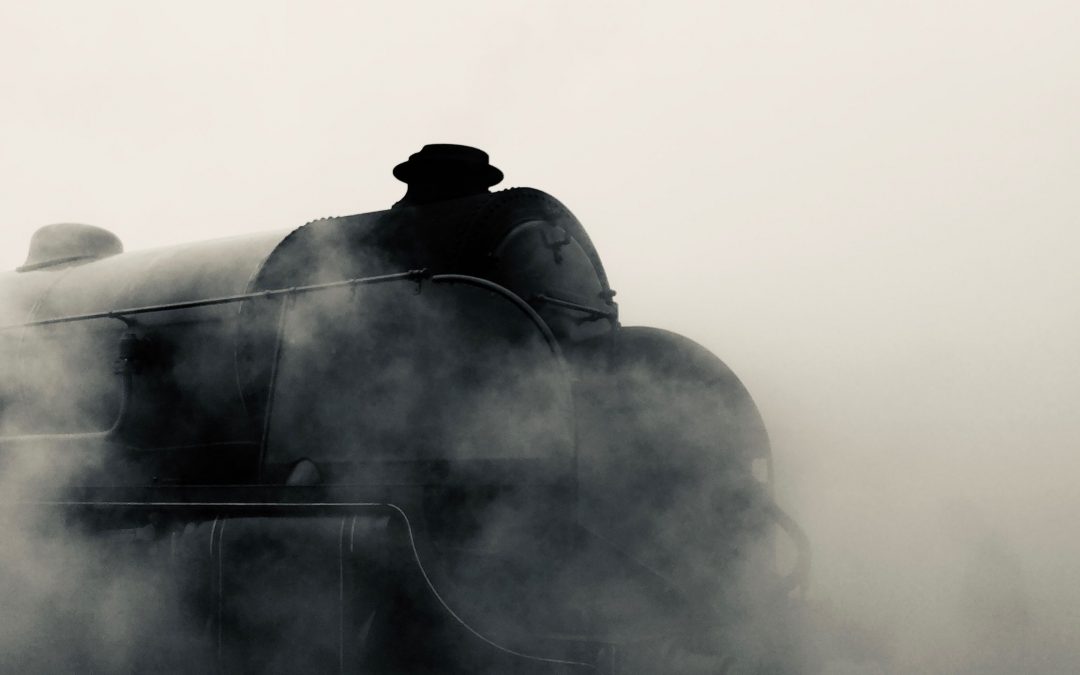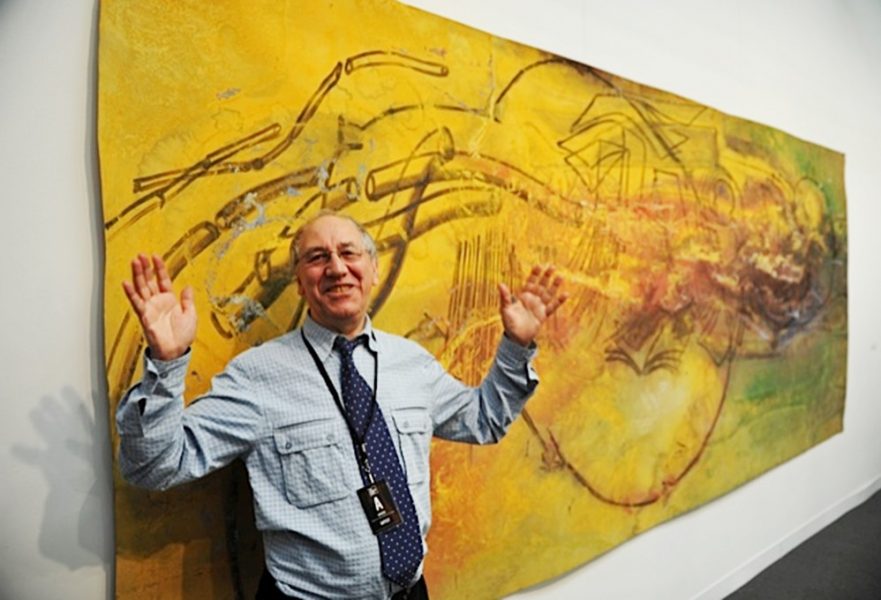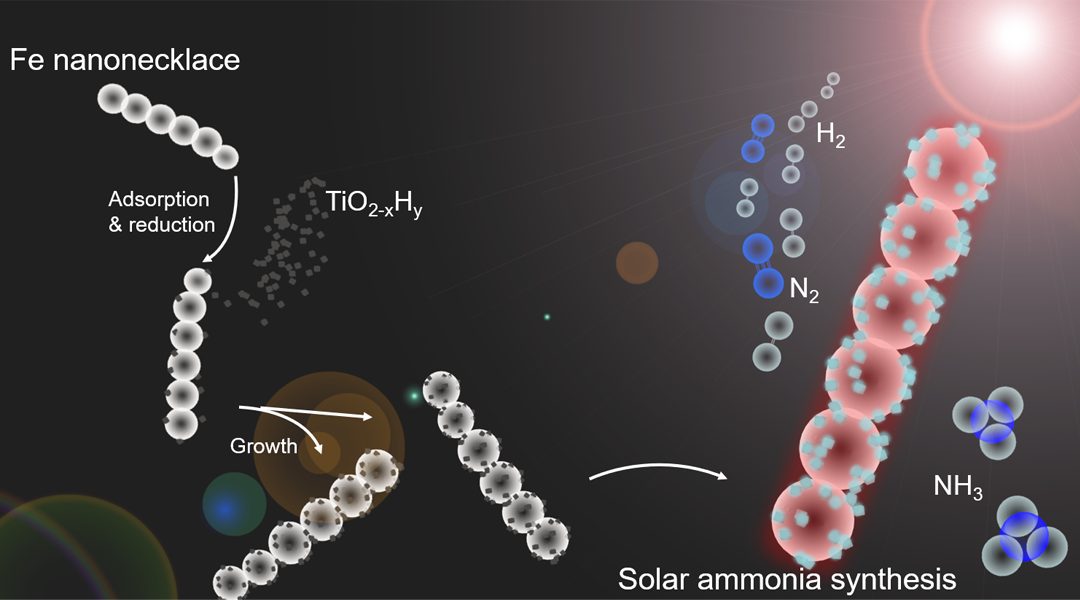Few people would deny that cookies are delicious, but did you know they can also help us understand statistics?


Few people would deny that cookies are delicious, but did you know they can also help us understand statistics?

Exploring a fossil-fuel free industrial revolution prompts us to consider the grave risks we’re taking by not making every concerted effort to rapidly fix our global environment.

Water-management strategies in past societies tell us about urban resilience and vulnerabilities.

Flood prevention measures—such as mounting a home on stilts—are increasingly necessary as flood events become more common.

A new eco-friendly vodka, created for the first time using the hydrogenation of carbon dioxide to make ethanol.

In recent years, extreme weather events caused enormous damage, especially hydro-meteorological hazards such as floods (e.g., 2002 in Central Europe), tsunamis (e.g., 2004 in the Indian Ocean) and hurricanes (e.g., 2005 Hurricane Katrina in the United States). The...

Unraveling the mystery behind the role of microbial biofilms in turning barren, deglaciated land into a living landscape.

In honor of Advanced Science’s 5th Anniversary, Professor Geoffrey Ozin opens up about his 50 years in materials chemistry, his love of art and communicating science, as well as future research directions.

A new photocatalyst is revolutionizing a time-old reaction, addressing how light can influence not just the kinetics of chemical reactions, but their thermodynamic equilibria.

How do we effectively evaluate and employ zoning and building codes in flood prone areas to minimize damage?